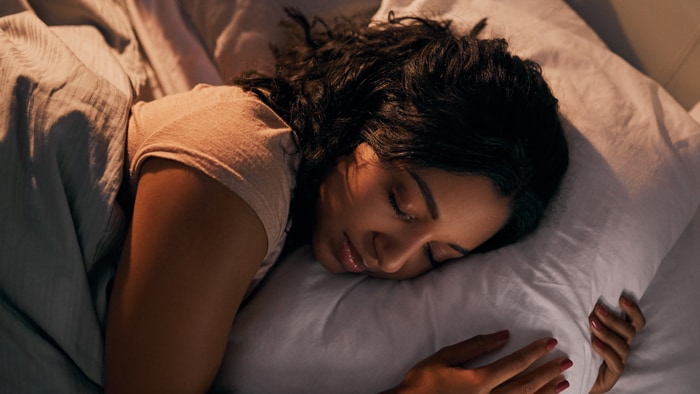Treat your sleep apnea and lower your blood pressure
By Gina Roberts-Grey High blood pressure isn’t called the ‘silent killer’ for no reason: according to the American Heart Association, more than 348,000 American deaths in 2009 included high blood pressure as a primary or contributing cause. Now there’s greater proof high blood pressure and sleep apnea are closely linked. A study published in the July 2013 issue of the journal Sleep and conducted by researchers at Case Western Reserve University found about 65 percent of people with severe sleep apnea also suffer from resistant hypertension. It also noted people with severe sleep apnea are five times more likely to have resistant hypertension in their lifetime. A separate study published in the American Heart Association’s (AHA) journal Circulation: Heart Failure concluded moderate to severe obstructive sleep apnea can cause changes in the heart’s shape and function, similar to the effects of hypertension. These changes include increased mass, thickening of the heart wall and reduced pumping ability. Treating sleep apnea with a continuous positive airway pressure (CPAP) machine helped repair changes in the heart, protecting patients against heart failure, and rein in blood pressure, according to the AHA research. It noted that following six months of continuous CPAP use, sleep apnea patients’ heart abnormalities returned to near-normal measurements. CPAP can even shave off precious blood pressure points, too: According to a recent article in the Journal of the American Medical Association, users of CPAP machines taking part in a Spanish study on sleep apnea and high blood pressure saw an average decrease of 7mm Hg in their systolic blood pressure (the top number) and 5mm Hg in their diastolic (the bottom number). Dr. Miguel-Angel Martinez-Garcia of the Polytechnic University Hospital in Valencia, where the study was carried out, noted patients with resistant high blood pressure should take part in a sleep study to see if they have sleep apnea. “If the patient has sleep apnea, he should be treated with CPAP and undergo blood pressure monitoring,” he said.



